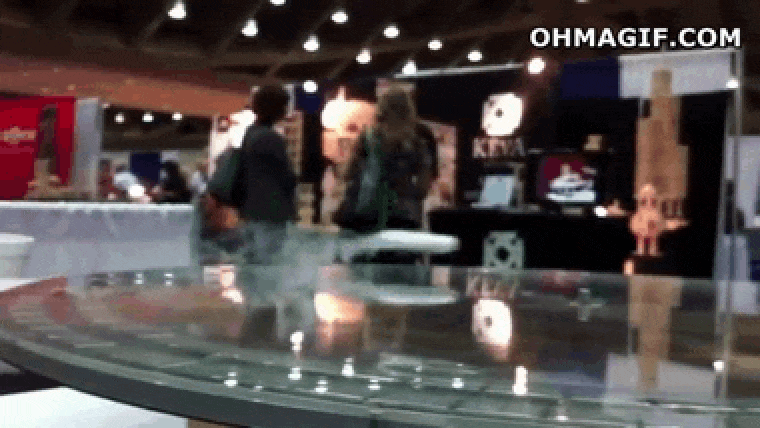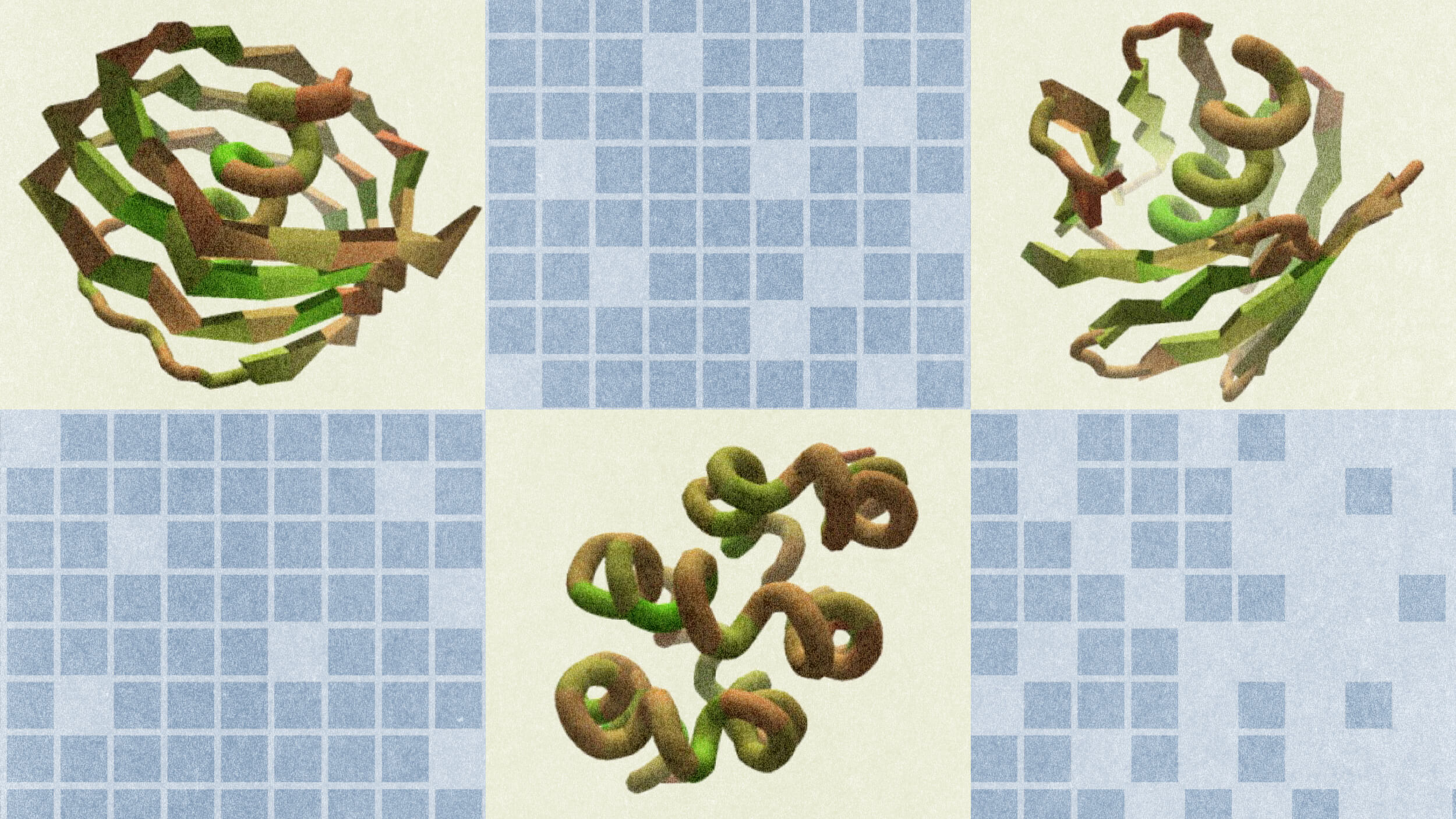Stephon Alexander says physics is an extension of video games.
Question: What questions keep you up at night?
Stephon Alexander: Yeah. Well, I remember, there was a- when I was, you know, in my early teens, I started really getting into video games. I mean- and the idea of- I mean, I just played video games. I remember when Sega first came out- I was into this video game. It became my new toy. And I remember when video games went three-dimensional on us, and so as I started, you know- so physics for me is no different than being- it’s a form of entertainment for me. It’s fun for me. It’s like playing this video game. And in a lot of the ways- the reason why I like doing physics- the kind of physics I do- is that there’s a lot of visualization going on, or actually, experimenting with different ways of visualizing things. And, so it becomes this interesting video game, or if you like translating, I do a lot of translation between them, these images, and equations. So, it’s sort of like you learn two different languages and the fun is in the translating from one to the other- or looking at something that’s completely understood already, and figuring out a completely different way of seeing the same thing. So physics for me has always become this- it’s like an extension of this- a video game- a video game of the mind. Therefore, I, you know, even when I- I remember when I lived in London, I used to go to this really interesting, this cool radio club- and I used to take my physics papers and my pad and go to this radio club, 4:00 in the morning, sometimes with a colleague, and we would have a pint, and we’d be doing physics in the radio club. And every now and then, like, you know, some club or some dancer would come by us and they would look at what we’re doing, and it would be a source of entertainment for them, too. <laughs> So, I don’t mean to give this- what’s the word?- to misrepresent or- I don’t mean to- what’s the word- romanticize- yeah. But, for the most part, it has been this type of- this form of entertainment for me.





